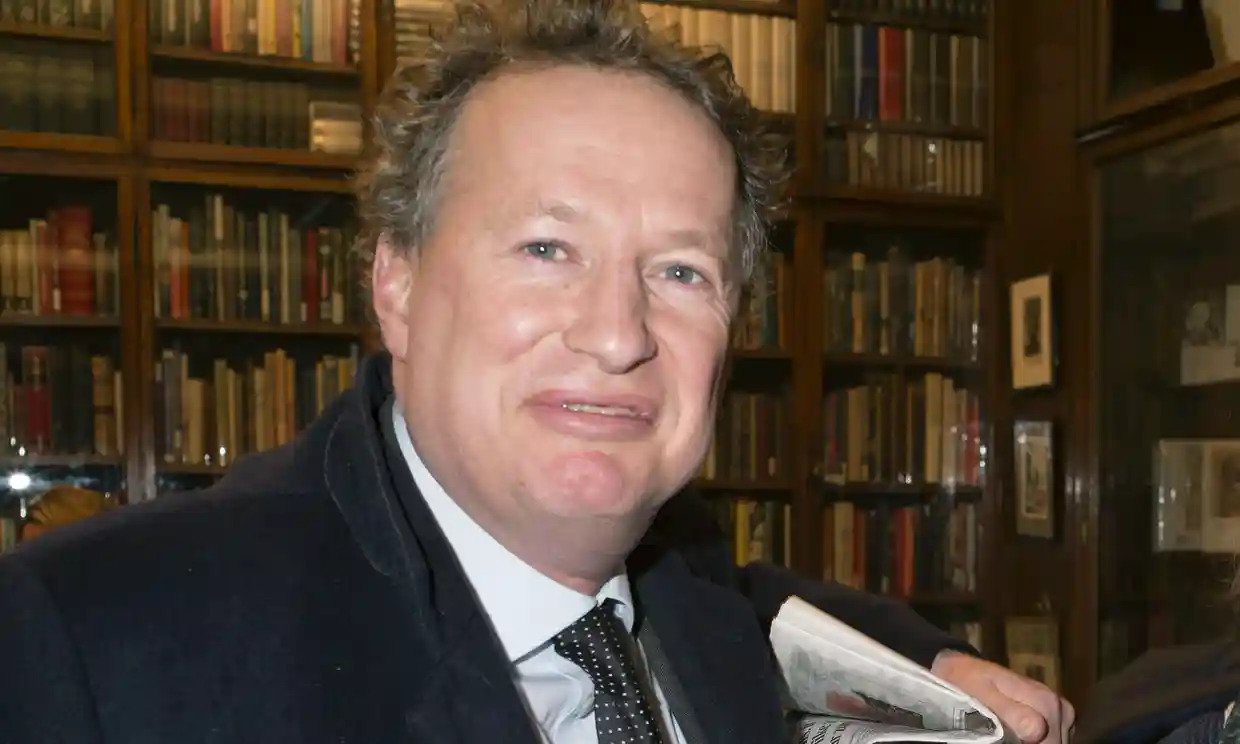LONDON, (Parliament Politics Magazine) – The government’s nominee for the next chair of the Charity Commission has been rejected by the committee of MPs, accusing ministers of making a sloppy and unimaginative choice in choosing Orlando Fraser, a former Conservative parliamentary candidate.
While the DCMS committee found no concerns about Fraser as a person, it had severe concerns about the selection process, particularly the lack of diversity in the shortlist.
While they recognised Mr Fraser’s potential to do the job, such a sloppy and unimaginative approach to his recruiting meant they cannot formally endorse his nomination, said Tory MP Julian Knight, the chair of the committee.
The committee’s inability to support Fraser indicates their dissatisfaction with the government’s haphazard handling of the nomination. The position has been available for over a year and has been beset by claims of ministerial political meddling.
Nadine Dorries, the culture secretary, must now decide whether to ignore the committee and appoint Fraser anyhow. Tina Stowell, the former commission head, had been rejected by the committee but accepted the position after Matt Hancock, the then cultural secretary, waved through her candidacy.
A DCMS spokesperson defended the appointment, claiming that the committee had no veto power and that it was carried out in accordance with public appointment guidelines. The DCMS select committee correctly recognised Orlando Fraser’s suitability for the position, and it would now consider the report fully and give a response in time.
Ministers should seriously evaluate the ramifications of nominating a candidate who does not have legislative support, according to the National Council for Voluntary Organisations. They believed it was a mistake not to rerun the appointment process, said Alex Farrow, NCVO’s head of networks. This would have increased trust in the process and allowed for the development of a more varied and representative shortlist.
Fraser is a white, upper-middle-class barrister who attended public school and Cambridge University. He is the son of Sir Hugh Fraser, a former Tory MP, and Antonia Fraser, a writer. Frank Pakenham, a Labour peer, was his grandfather.
After he was interviewed for the £62,000-a-year post in the autumn, Fraser was not the first choice of the government. He was, nevertheless, shortlisted, and when the favoured candidate, Martin Thomas, resigned days after the committee approved him in December, Fraser was asked to fill the vacancy.
The committee and the voluntary sector both wanted the appointment process to be redone, not least to guarantee that potential candidates came from a wider range of backgrounds. Ironically, ministers had expressed dissatisfaction with the lack of diversity at the time.
Despite those protestations, [ministers’] resultant candidate, while presumably competent, offers yet another archetypal and unimaginative pick from that narrow shortlist, the committee wrote in its report. That, in their opinion, demonstrates the department’s lack of concern, attention, and dedication to quality in this crucial public appointment.
Unless it changed tack, trust in the process would continue to be undermined, and they risk missing out on recruiting the most talented people from all backgrounds for these very important roles, Knight said of the DCMS’s approach to public appointments.






